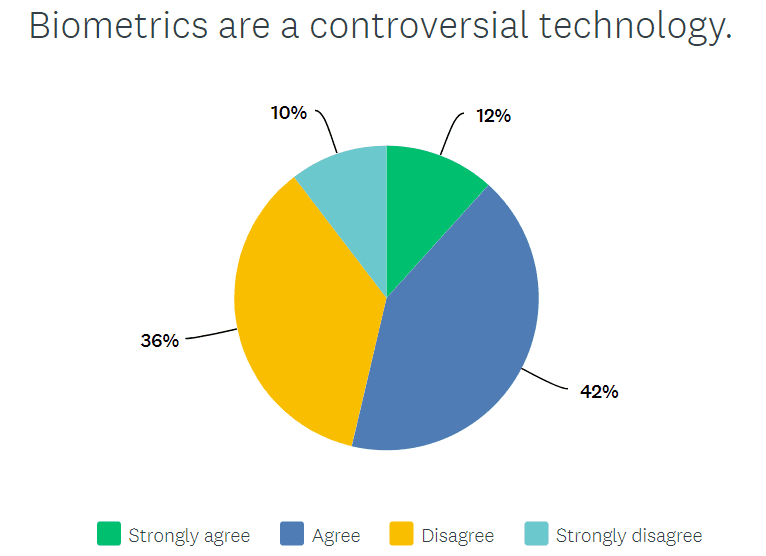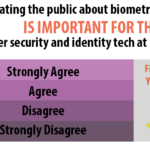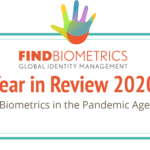On some of the latest FindBiometrics Year in Review survey questions, we’ve seen some pretty broad consensus among respondents. Most agree, for example, that standards-based testing is crucial for the biometrics industry; and the majority feel that frictionless authentication is the ideal to aim for. But there are also some issues that prove more divisive, and – quite aptly – that is the case for the question of whether ‘biometrics are a controversial technology’.
It was a pretty even split. Forty-two percent of respondents agreed that biometrics are controversial, and 12 percent strongly agreed. Meanwhile, 36 percent disagreed, and 10 percent strongly disagreed.

It’s a tricky question because it can be interpreted a couple of different ways. If it’s seen as a question about whether biometric technology is tied up in controversy, the answer is certainly yes: the past couple of years have seen a great deal of debate around facial recognition in particular as it has been deployed by police forces and other security-minded government agencies; and there are also concerns about its growing use in screening travelers at airports.
On the other hand, it could be argued that what’s at issue in those cases is how the biometric technologies are being used, and not the technologies themselves. Privacy advocates are particularly incensed at government agencies’ use of biometrics for surveillance purposes, as are a lot of citizens’, yet at the same time, the use of facial recognition for things like unlocking one’s smartphone tends to be highly popular, and is virtually free of controversy in any meaningful sense. For a lot of the industry professionals who participate in the annual FindBiometrics survey, that’s a clear indication that biometrics is like any other kind of technology in the sense that it can be used for good or ill.
So what do the answers to this Year in Review question really tell us? For one thing, they may illustrate the ongoing confusion around the issue of controversy. The industry as a whole is still coming to grips with the broader biometric debate, much as legislators and regulators are. Biometrics aren’t new, but the sophistication of today’s biometric technology is enabling new applications, and it’s provoking new questions about what’s appropriate – and what or who, exactly, is proving controversial.
*
The 2019 FindBiometrics Year in Review is made possible by our sponsors: Aware, Inc., Clear, IDEMIA, SecuGen, Iris ID, FacePhi, Jumio, BioConnect, BIO-key.
–
February 13, 2020 – by Alex Perala









Follow Us